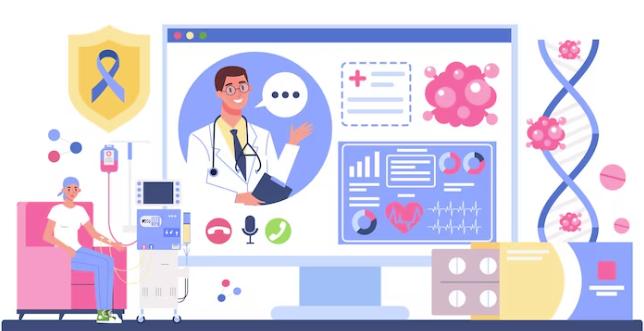How to Comply with New Healthcare Interoperability Rules
In an era where healthcare data is as critical as the care itself, the push for interoperability has become a central focus of healthcare reform efforts globally. Interoperability refers to the ability of different information systems, devices, and applications to access, exchange, integrate, and cooperatively use data in a coordinated manner, within and across organizational boundaries. With new rules and regulations being introduced, healthcare providers and organizations must adapt swiftly to remain compliant and to ensure optimal care delivery. Here’s a comprehensive guide on how to comply with these new healthcare interoperability rules.
Understanding the Interoperability Rules
The first step in compliance is understanding what the interoperability rules entail. In the United States, the 21st Century Cures Act has laid down significant provisions to prevent information blocking and to ensure that patients can access their health information electronically without delay. The rules define strict criteria about how patient data should be shared and mandate the adoption of standardized APIs (Application Programming Interfaces) to promote health information exchange.
Assess Current Systems and Processes
Before you can implement new systems or processes, it’s crucial to evaluate your current IT infrastructure and data-sharing practices. Identify any potential barriers to interoperability, such as outdated software systems, lack of compatible technology, or internal policies that restrict data sharing. Understanding these elements will help in crafting a strategy that addresses these gaps while aligning with the new regulations.
Invest in Compatible Technology
Investing in the right technology is paramount. This means adopting EHRs (Electronic Health Records) and other health IT systems that comply with approved standards like FHIR (Fast Healthcare Interoperability Resources), which are pivotal in the new interoperability framework. These standards facilitate easier and more secure data exchange across different systems. Ensure that your vendors are committed to these standards and can provide the necessary updates to keep the systems compliant.
Train Your Staff
Change management is a critical component of adapting to new rules. Your healthcare staff needs to understand the importance of interoperability and how to use the new systems effectively. Regular training sessions should be conducted to keep all staff members updated on the latest requirements and technologies. Training should also emphasize the ethical and legal implications of data sharing to ensure that patient information is handled securely and responsibly.
Implement Strong Data Governance
Data governance policies play a critical role in ensuring that data is managed securely and efficiently across systems. Establish clear policies for data access, processing, and sharing that comply with interoperability rules. These policies should address how data is collected, stored, processed, and shared, both internally and with external partners. Also, consider the patient’s consent management, an essential factor under the new rules, ensuring that patients have control over their health information.
Ensure Privacy and Security
With increased data sharing, maintaining the privacy and security of patient information is more critical than ever. Implement advanced cybersecurity measures such as encryption, secure user authentication, and regular security audits. Compliance with HIPAA in the U.S., or similar regulations globally, should be continually monitored and enforced.
Monitor and Report
Continuous monitoring of how data is shared and used is necessary to ensure ongoing compliance with interoperability rules. Implement systems that can track and log all data access and sharing activities to audit compliance easily. Regularly reviewing these logs helps identify and rectify non-compliant actions quickly. Furthermore, reporting mechanisms should be set up to report any issues of non-compliance or data breaches as stipulated by the regulations.
Engage with Industry Groups and Forums
Engagement with industry groups and forums can provide valuable insights and support as you navigate the complexities of compliance. These platforms offer a space to share experiences, discuss challenges, and find collaborative solutions to common problems. Staying connected with the broader healthcare IT community can also keep you informed about any updates or changes to interoperability standards and regulations.
Conclusion
Compliance with new healthcare interoperability rules is not just about avoiding penalties but about actively enhancing the quality of healthcare delivery through better use of data. By understanding the requirements, investing in the right technology, training staff, implementing strong data governance, and ensuring privacy and security, healthcare organizations can not only comply with the new rules but can also set a standard for excellent patient care. As we move forward, interoperability will undoubtedly continue to evolve, and staying proactive in these efforts will be key to success in this new era of healthcare.


Comments